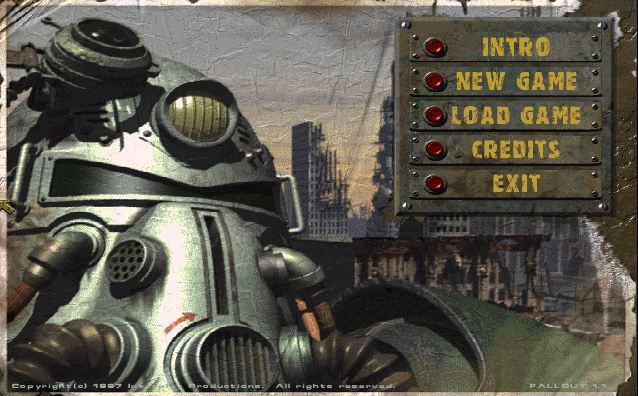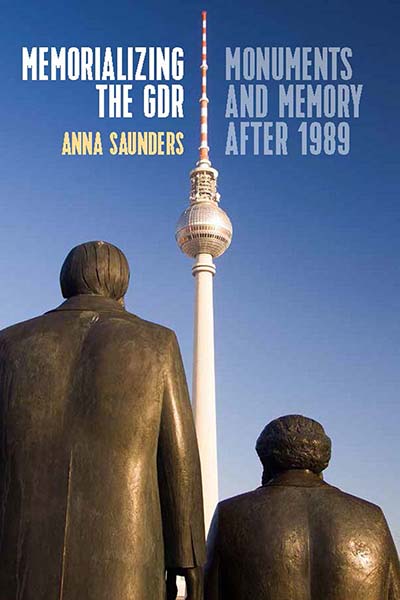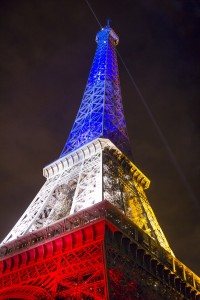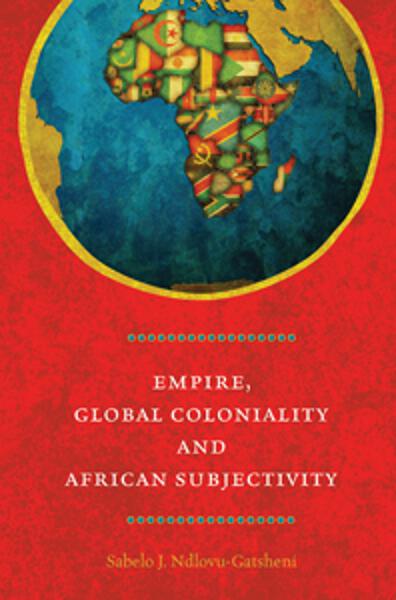
Meet the Author: Venetia Johannes



Listen to Mixed Harvest Chapter 2 here.
The recently published Mixed Harvest by Rob Swigart is Berghahn’s latest feat of historical fiction, digging into the deep past of human development and its consequences through a combination of storytelling and dialogue. From the first encounter between a Neanderthal woman and a Modern Human she called Traveler to the emergence and destruction of the world’s first cities, Mixed Harvest tells the tale of the Sedentary Divide, the most significant event since modern humans emerged.
Continue reading “THE ORIGINS OF MIXED HARVEST BY ROB SWIGART: Climate”
BY JAN LINDSTRÖM
Continue reading “Muted Memories”BY ANDREW REINHARD, author of ARCHAEOGAMING: An Introduction to Archaeology in and of Video Games

September 12 marks the 22nd annual National Video Games Day, a day with hazy origins. When I think about time and video games, a few things come to mind: anniversaries of course, release dates, retirement dates. I found myself wondering: what commercial games premiered in September 1997, the first official #VideoGamesDay (which was the first year I could start buying games for myself with discretionary income)? There are some classics, all for Windows/DOS: Oddworld: Abe’s Oddysee, Ultima Online, Fallout. There are also some games lost to time: Breath of Fire III, Croc: Legend of the Gobbos, Close Combat: A Bridge Too Far, Panzer General II, Poy Poy, and Total Annihilation.
Continue reading “Portable, Digital Heritage and Memories of Place”On August 13, 1961, Berlin woke up to a shock: the East German Army had begun construction on the infamous Berlin Wall. The Wall was initially constructed in the middle of Berlin, and expanded over the following months. It entirely cut off West Berlin from the surrounding East Germany, prohibiting East Germans to pass into West Germany.
The Eastern Bloc claimed that the wall was erected to protect its population from fascist elements conspiring to prevent the “will of the people” in building a socialist state in East Germany. In practice, the Wall served to prevent the massive emigration and defection that marked East Germany and the communist Eastern Bloc during the post-World War II period. The Berlin Wall came to symbolize the “Iron Curtain” that separated Western Europe and the Eastern Bloc during the Cold War.
Browse Berghahn relevant titles on History of divided Germany:
 MEMORIALIZING THE GDR
MEMORIALIZING THE GDR
Monuments and Memory after 1989
Anna Saunders
 Celebrated on July, 14, Bastille Day is the French national day and one of the most important bank holidays in France. The day commemorates the beginning of the French Revolution with the storming of the Bastille on the 14th July 1789, a medieval fortress and prison which was a symbol of tyrannical Bourbon authority and had held many political dissidents, and symbolizes the end of absolute monarchy and the birth of sovereign Nation.
Celebrated on July, 14, Bastille Day is the French national day and one of the most important bank holidays in France. The day commemorates the beginning of the French Revolution with the storming of the Bastille on the 14th July 1789, a medieval fortress and prison which was a symbol of tyrannical Bourbon authority and had held many political dissidents, and symbolizes the end of absolute monarchy and the birth of sovereign Nation.
The following year, the Fête de la Fédération was held in Paris and across the nation by a populace that largely believed the French Revolution was over. As it turned out, they were mistaken–and by 1791 there was little in the way of national unity to celebrate. The holiday wasn’t picked up again until 1878 when it was a one-time official feast to honor the French Republic, which was followed by an unofficial, popular celebration of the day in 1879, which in turn led to a call to make it an official holiday in 1880 complete with a military parade which has been an annual fixture ever since.
Canada Day is the national day of Canada, a holiday celebrating the anniversary of the July 1, 1867, enactment of the British North America Act which united separate colonies into a “kingdom in its own right” within the British Empire named the Dominion of Canada.
As Canada celebrates its important national milestone, Berghahn is delighted to highlight some of our Canadian authors and editors and those currently based in Canada.
Continue reading “Marcel Mauss: Between Sociology and Anthropology”

I am interested in understanding how the world works.
My research into modernity, empire, colonialism, coloniality and African subjectivity is an attempt to understand how the world system and its international orders have been politically constituted.
Continue reading “How Eurocentrism & Coloniality Shaped Africa”